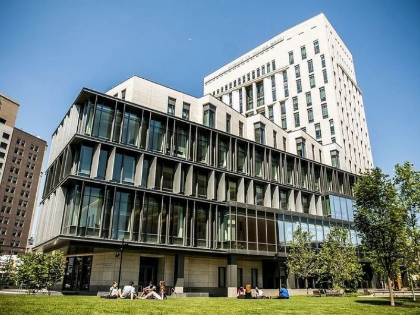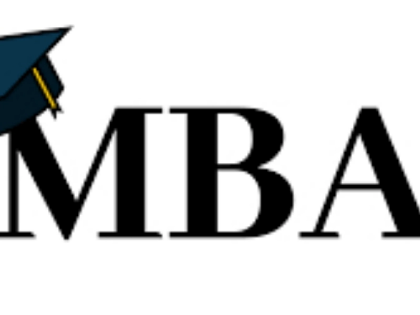Any student who decides to pursue an MBA is making a significant commitment. It necessitates carefully weighing professional goals and how an online MBA school might support achieving them.
Cost, however, is a consideration for many potential students. In addition to the vast range of tuition rates per credit, additional expenses that might mount up include personal costs like as career services, business association dues, and local transportation for in-person prerequisites or residencies.
Instruction

Online MBA students usually have to pay fees for course-related materials and preparation materials for standardized tests (such as the GMAT or GRE) in addition to tuition. Certain colleges also charge processing fees for financial aid and enrolling.
By looking into scholarships, utilizing savings, and figuring out how to decrease expenditures while studying, students can reduce the cost of an MBA. For instance, a lot of universities provide MBA scholarshipsExternal link: open_in_new based on the applicant's topic of study, academic standing, financial need, or merit. Furthermore, veterans and active duty members can be qualified for educational incentives like the GI Bill and Yellow Ribbon Program, which could assist in defraying the cost of an MBA.
Furthermore, students can make a realistic spending plan for their education with the aid of budgeting tools and applications. This might assist them in determining how much they can afford to invest in this esteemed degree and the return on investment of an online MBA. In the end, knowing what to expect from an MBA program will help prospective students choose the best school for them and their professional objectives.
Charges

Although obtaining an online MBA requires a substantial time and financial commitment, the investment will likely pay off in the long term. You must account for additional program expenses in addition to tuition for your MBA. This can cover the cost of books and materials, transportation, and technology. There are MBA programs that additionally require matriculants to travel for in-person components or residencies; during these times, you will be responsible for paying for lodging and living expenses.
In addition, you'll need to account for the money you'll lose from quitting your work to complete your degree if you're enrolled full-time. You can better understand the total cost of an online MBA by taking into account these extra costs, which will also help you determine if this is the correct investment for your future. The price of standardized exams like the GMAT and GRE should also be taken into account. It's possible that you'll also have to pay dues to other clubs and MBA groups.
living costs

For working individuals looking to advance their business abilities without taking on large debt or quitting their careers, an online MBA can be a cost-effective choice. However, before obtaining this degree, students should weigh all associated expenditures.
The biggest outlay, which varies greatly throughout schools and programs, is tuition. An MBA can set you back more than $100,000. Students should budget for living expenses, books, and technological fees in addition to tuition.
Rent, groceries, transportation expenditures, and discretionary spending are all considered living expenses. Students who want to make sure they stay within their financial limits should create a realistic budget and keep regular tabs on their spending.
In order to reduce the cost of their MBA courses, students could also look for grants, fellowships, and scholarships. Grants and scholarships might cover the entire cost of tuition or only a few thousand dollars. Additionally, students might be able to apply for work-study programs, which offer income to help with tuition costs. For further details on the scholarships and grants that are available, students may get in touch with the financial assistance office at their university.
Additional costs

Prospective MBA students should be fully aware of all the expenses related to their programs before enrolling. These consist of living expenditures, course materials, and tuition. For instance, several MBA programs mandate that students travel for fieldwork or internships, which may result in extra costs. Moreover, accommodation and board expenses for students enrolled in full-time MBA programs must be covered by them, which raises the entire cost of the program considerably.
By submitting grant and scholarship applications, students can lower their total MBA expenses. They can also search for online MBA schools that provide fellowships and other forms of institutional assistance. It's also important to remember that a lot of companies provide MBA students with tuition reimbursement schemes. Additionally, by making a budget and keeping regular tabs on their expenses, students can reduce their dependency on student loans. Lastly, the initial expenditure may be mitigated by the fact that MBA graduates often have higher earning potential than other master's degree holders.
Recommended Reading: Online Education For Adults: Upskilling And Reskilling For The Future
























Fortifies decision auditability.
Graceful handling of nuance.
Sparks a backlog rewrite.
Creates optional collaboration hooks.